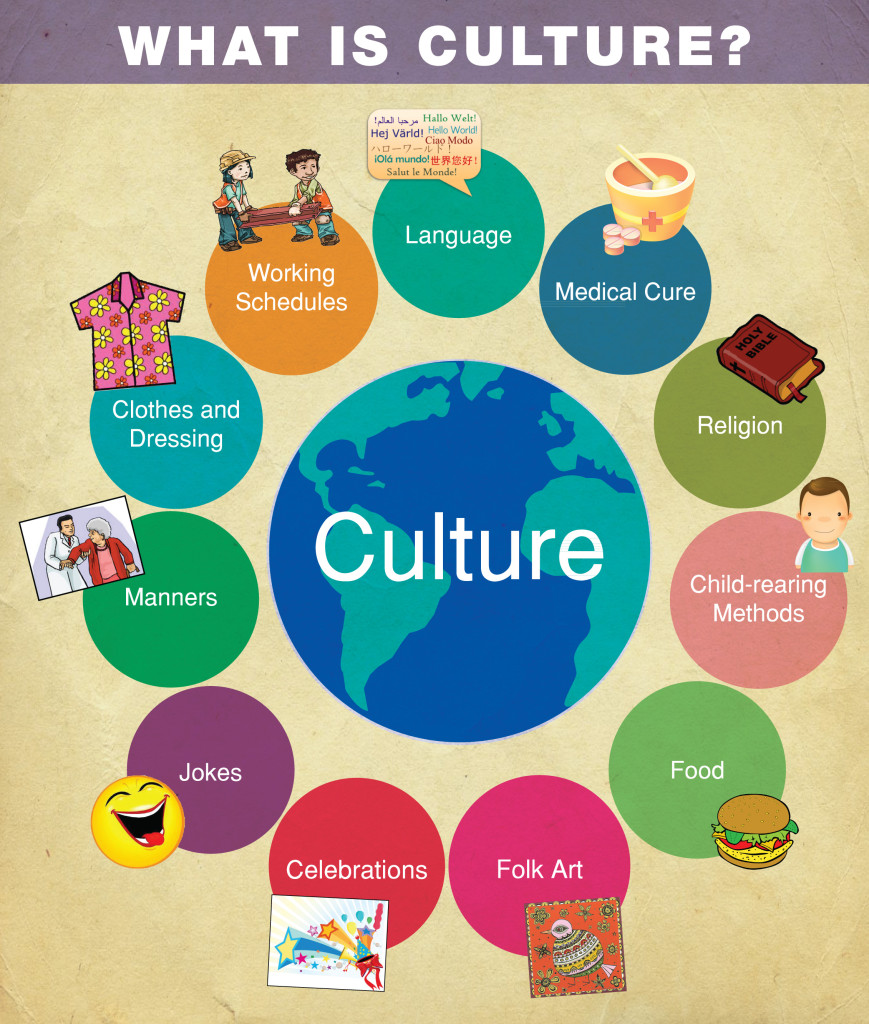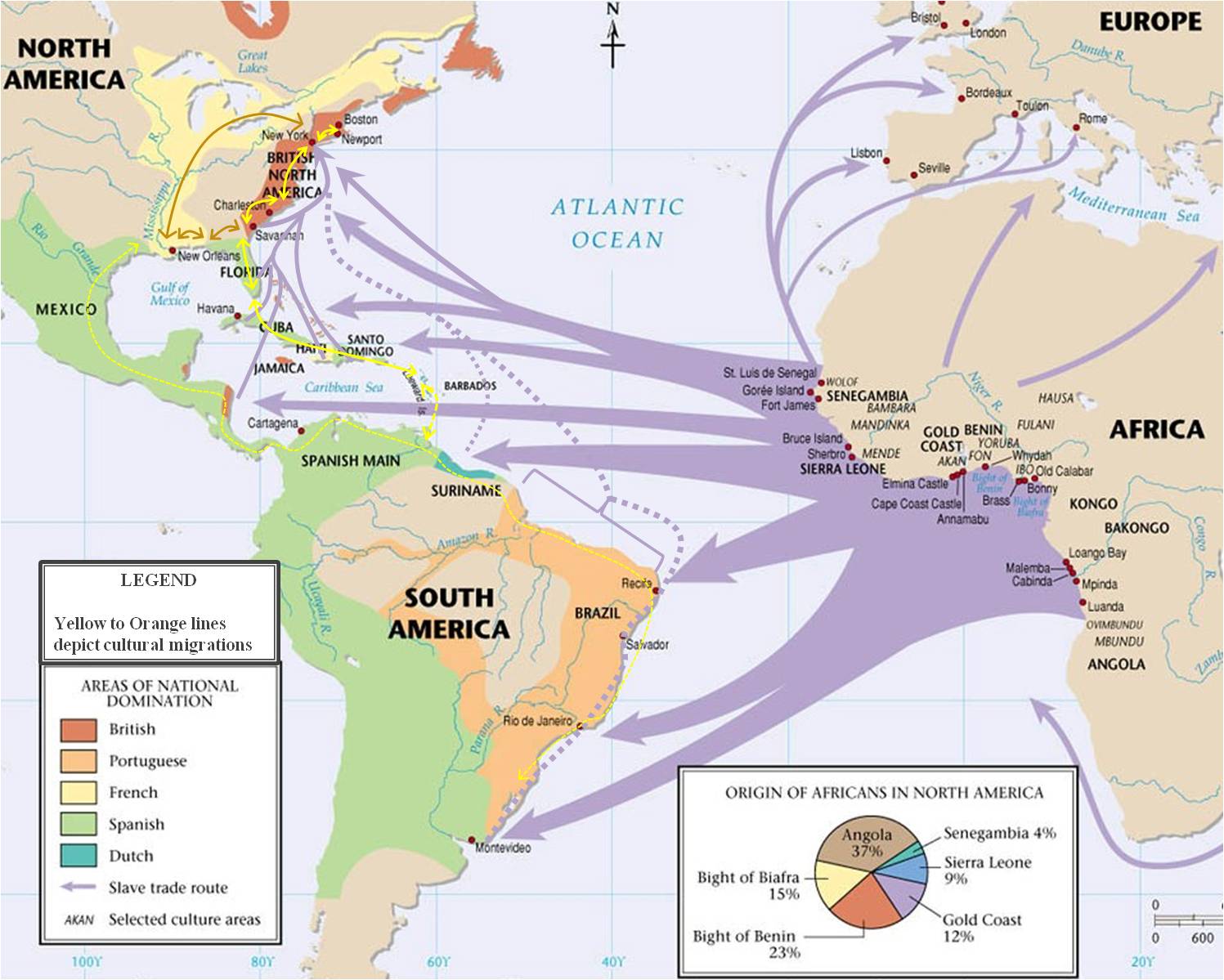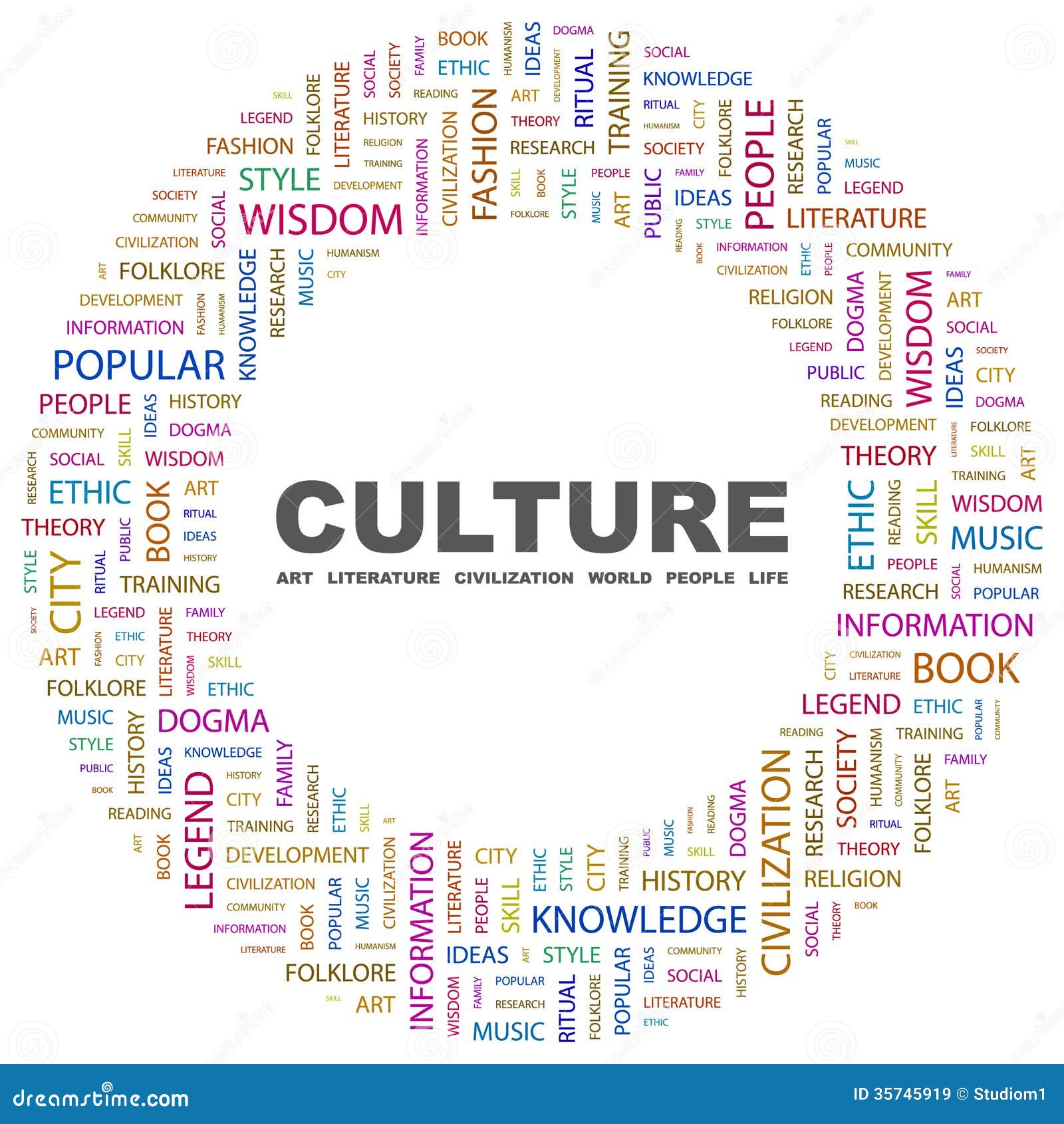
Some of the most amazing effects of globalization are the cultural
changes and shifts that are occurring. As the world becomes more connected,
people have a chance to learn about other cultures and connect with their own.
At the same time, new cultures are appearing and developing as older cultures
are slowly disappearing and assimilating themselves into the modern world.
 The major
factor in the spread and change of world cultures is the internet. There are
vast amounts of information about every culture imaginable, from ancient Egypt
to modern U.S.A. Everyone with internet instantly has access to millions of
songs, stories, fashions, rituals, images, and other content relating to all
cultures. People in England can listen to folk music created in Africa. People
in India can read books written in America. People in Australia can take part
in a fashion movement started in Japan. Between the speed at which data travels
and the vast amount of content online, cultural information can be distributed
all over the world in a manner of seconds.
The major
factor in the spread and change of world cultures is the internet. There are
vast amounts of information about every culture imaginable, from ancient Egypt
to modern U.S.A. Everyone with internet instantly has access to millions of
songs, stories, fashions, rituals, images, and other content relating to all
cultures. People in England can listen to folk music created in Africa. People
in India can read books written in America. People in Australia can take part
in a fashion movement started in Japan. Between the speed at which data travels
and the vast amount of content online, cultural information can be distributed
all over the world in a manner of seconds.
Culture,
whether referring to the world as a whole or individual areas, has shifted and
changed immensely because of globalization. One of the most incredible
byproducts of the globalization of culture is internet culture. As the internet
has grown and developed, people seeking an escape from the real world have
created their own unique culture on the web. Websites like 4chan, Reddit, and
Tumblr help to perpetuate and shape this internet culture. People who take part
in this internet society feel connected to their fellows regardless of race,
gender, sexuality, or distance. This online culture is challenging our
traditional ideas of culture because it is not defined by normal means of
geography, religion, or other factors.
Globalization
has allowed many subcultures to pop up and grow as well. Just about anyone can
get a website and post information, and many cultural groups have developed
sites or forums that people can use to learn about their culture or connect
with others in that culture. These cultural forums or websites can range from Native
Americans and Indigenous Australians to gamers and Trekkies. The internet helps
these groups to grow as more people become introduced to them and allows people
who are part of these cultures to connect with others like them.
A major
concern for many cultures because of globalization and the greater access to information
about various cultures is “cultural appropriation.” Cultural appropriation is
defined as “the adoption of some specific elements of one culture by a different cultural group.” Many people feel that
is it wrong for others to adopt aspects of a culture if they are not a part of
it. However, it is difficult to say where the line should be drawn, for many
parts of all cultures such as language and religion could be considered to have
been appropriated from other cultures. |
| A general distribution of religions over the Earth |
 | |
| An older example of cultural diffusion/globalization |
Globalization
has not been very beneficial for all cultures. Some are being forced to conform
to modern cultures and to disregard their traditions in order to be accepted. Also,
a sort of homogeneity has begun to take over world culture as more and more
people become connected through the internet. Lines between cultures are
starting to blur as they modernize and try to appeal to the younger
generations. Cultures like the Akha people of Northern Laos that we learned
about in class are disappearing as more and more people leave their traditions
behind for contemporary lifestyles. Some may say that their lives are better
because of it, but that doesn’t change the fact that we are losing amazing
unique cultures to globalization.

No comments:
Post a Comment